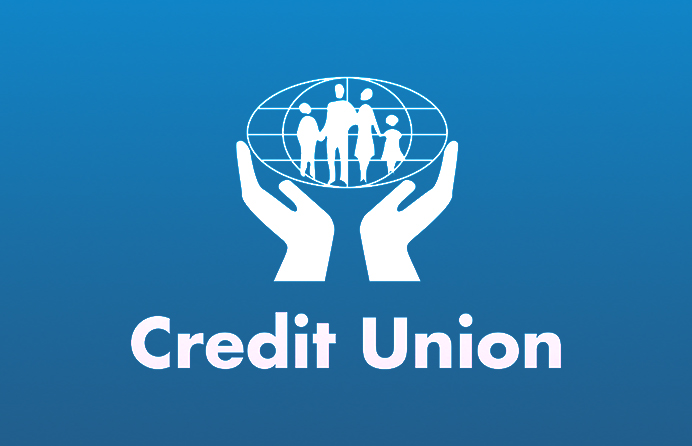The Pros and Cons of Credit Unions
An alternative to a commercial bank is a credit union and there are both advantages and disadvantages of using either of these options. A credit union differs from a commercial bank as it is a not-for-profit financial organization that pays out dividends to its members.
On the other hand, banks are institutions that make a profit and they only pay dividends to stockholders. If you are considering joining a credit union, it is important to consider your own financial position and the pros and cons of credit unions before making your decision.
Here are 5 pros of credit unions:
1. You Are a Member
You are not just a customer at a credit union, you are a member. This makes you a part-owner of the credit union and you will receive dividends and voting rights.
2. They Have Lower Fees
Another way that credit unions pass on savings to their members is by giving them lower fees than commercial banks. This means that in most circumstances, it costs less to have an account with a credit union than a traditional back.
3. They Offer Better Rates
If you take out a loan with a credit union, you will get lower rates than you would with a traditional bank. You can also earn more on your deposits as they pass on surplus funds to members by giving them higher interest rates on their accounts.
4. It is About the Community
Members of a common workplace or community run credit unions and the members run this credit community. Credit unions are designed to benefit all members of the community.
5. The Customer Service is Better
Typically, you can expect better customer service from a credit union than from a commercial bank. One reason for this is that they are smaller organizations than most commercial banks. This means that the staff get to know the customers better and are more likely to focus on their needs. Another reason is that credit unions have a greater focus on benefiting everyone in the community and recognize that customer service is an important element of this.
And now here are five cons of credit unions:
1. You Have to Pay Membership
The first disadvantage of becoming a member of a credit union is that you must pay a membership fee to join. However, the membership fee is usually very low with most costing between $5 and $25. Most credit unions also have minimum deposit requirements to open an account with them and these vary from one credit union to the next.
2. They Are Not All Insured
It is important to note that not all credit unions are insured. There are some that are insured by NCUA, but others are not. This is something you might want to check before taking a risk with your money. Federal credit unions are insured by the US government and banks are insured by the FDIC.
3. There Are Limited Branches and ATMs
Many credit unions are location-based. Therefore, they only operate in a small area. This means that they have limited branches where you can go to discuss your needs and make face-to-face financial transactions. Similarly, they only have limited ATMs and you may not have access to your money from ATMs belonging to other banks or organizations.
4. They Offer Fewer Services
Large commercial banks have the money and staffing to offer a wide range of services to their customers. Credit unions have come a long way in improving the services they offer, but they still fall short of the commercial banks. For example, a credit union may not have the capacity to offer you a large commercial loan. If this is a service you require, it is likely you will need to turn to a commercial bank that offers this service.
5. Poor Technology
As banks are organizations that make a profit, they have the money to invest in technology. Credit unions are not-for-profit organizations and do not have profits to put into technological developments. This means that if you are with a credit union, it is unlikely that you will have features such as mobile apps. On the other hand, most commercial banks have websites, online banking apps, and apps that allow you to use a smartphone to pay for goods while out and about.
You can also read:
- What Are the Differences Between a Credit Union and a Bank?
- How Can Your Education Impact Your Credit Score? Or Does It?
- 10 Tips on How to Improve Your Credit Score Quickly
- How Do You Get a Free Background Check with No Credit Card?

Written by Garrett Parker
Read more posts by Garrett Parker










